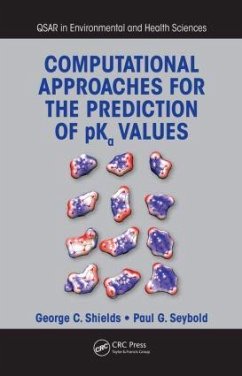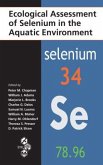The pKa of a compound describes its acidity or basicity and, therefore, is one of its most important properties. Its value determines what form of the compound-positive ion, negative ion, or neutral species-will be present under different circumstances. This is crucial to the action and detection of the compound as a drug, pollutant, or other active chemical agent. In many cases it is desirable to predict pKa values prior to synthesizing a compound, and enough is now known about the salient features that influence a molecule's acidity to make these predictions. Computational Approaches for the Prediction of pKa Values describes the insights that have been gained on the intrinsic and extrinsic features that influence a molecule's acidity and discusses the computational methods developed to estimate acidity from a compound's molecular structure. The authors examine the strengths and weaknesses of the theoretical techniques and show how they have been used to obtain information about the acidities of different classes of chemical compounds. The book presents theoretical methods for both general and more specific applications, covering methods for various acids in aqueous solutions-including oxyacids and related compounds, nitrogen acids, inorganic acids, and excited-state acids-as well as acids in nonaqueous solvents. It also considers temperature effects, isotope effects, and other important factors that influence pKa. This book provides a resource for predicting pKa values and understanding the bases for these determinations, which can be helpful in designing better chemicals for future uses.
Hinweis: Dieser Artikel kann nur an eine deutsche Lieferadresse ausgeliefert werden.
Hinweis: Dieser Artikel kann nur an eine deutsche Lieferadresse ausgeliefert werden.








